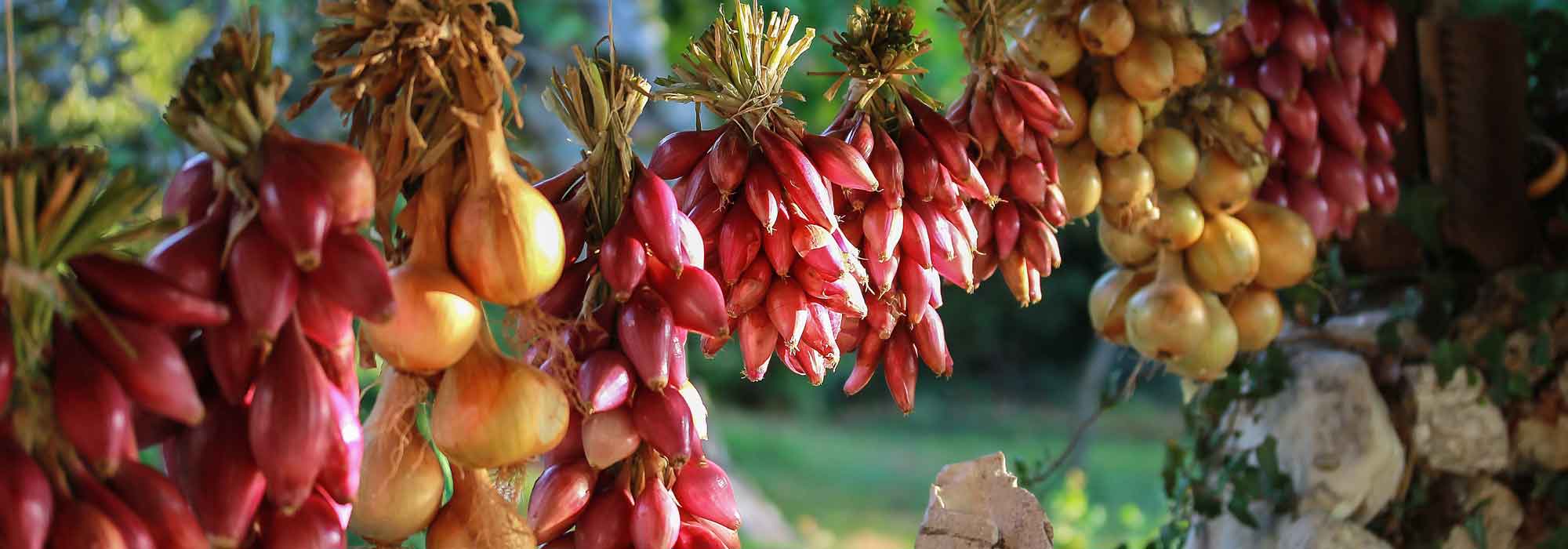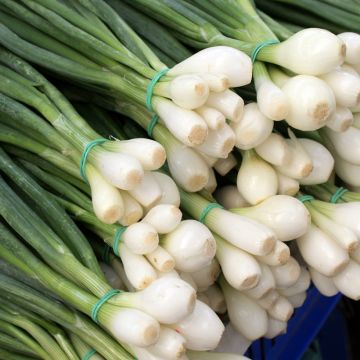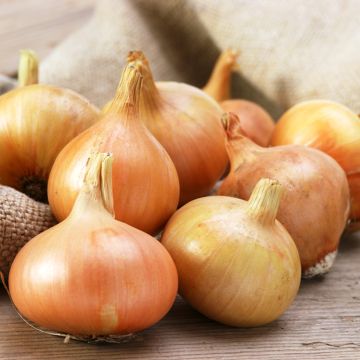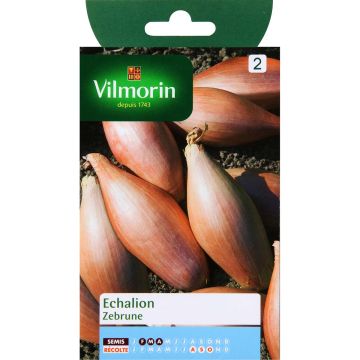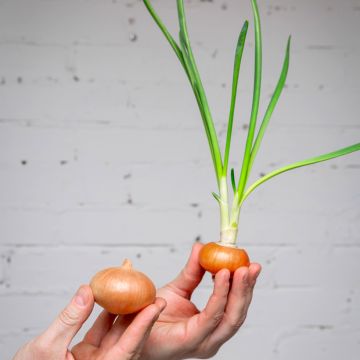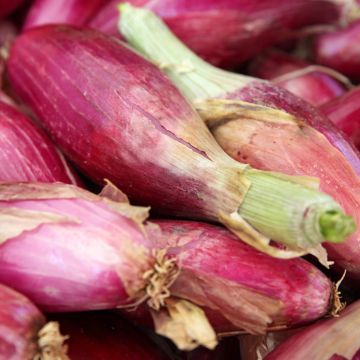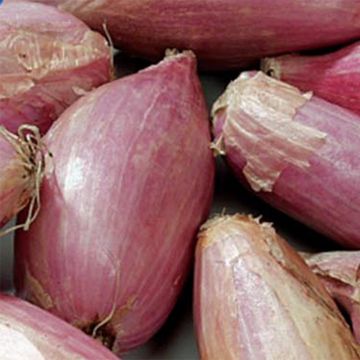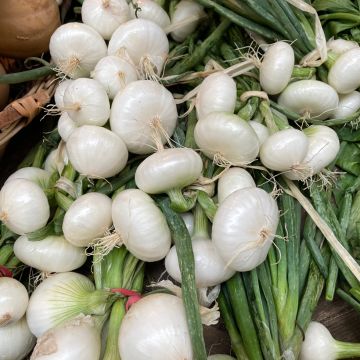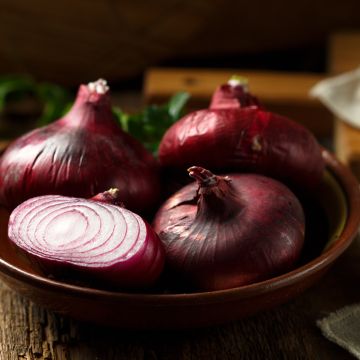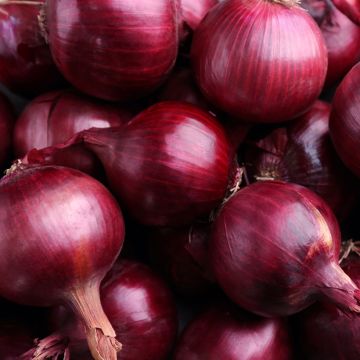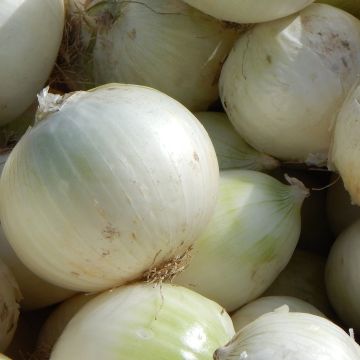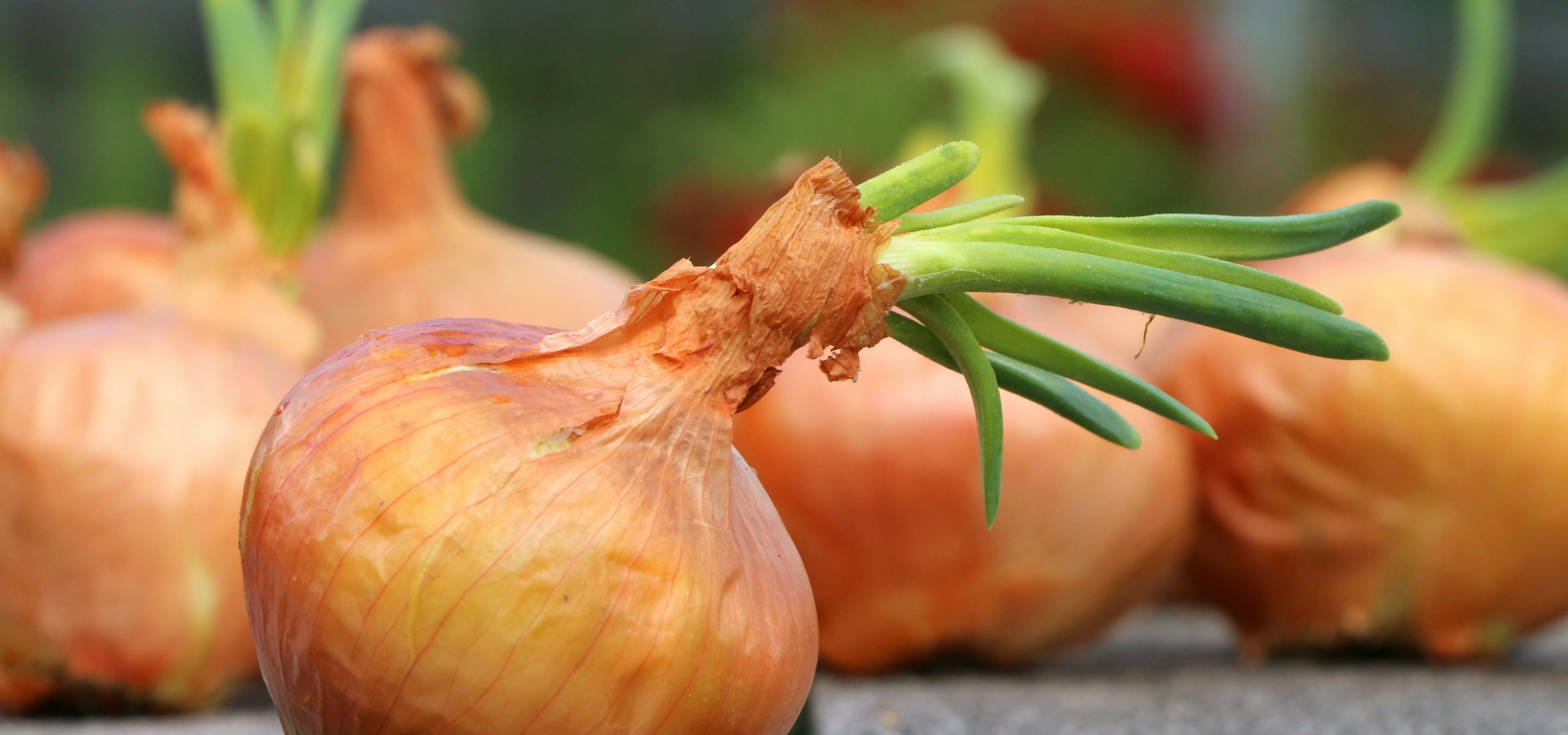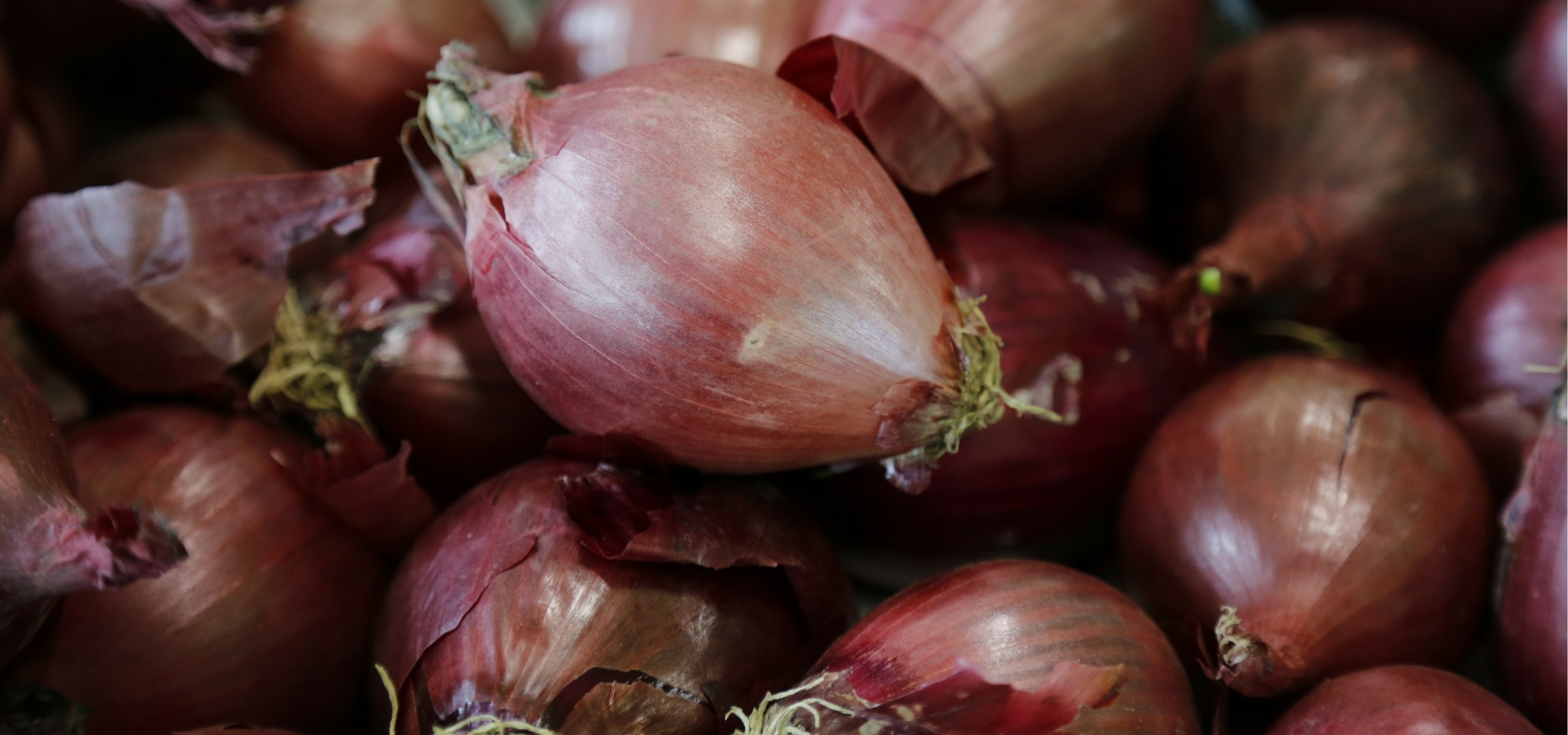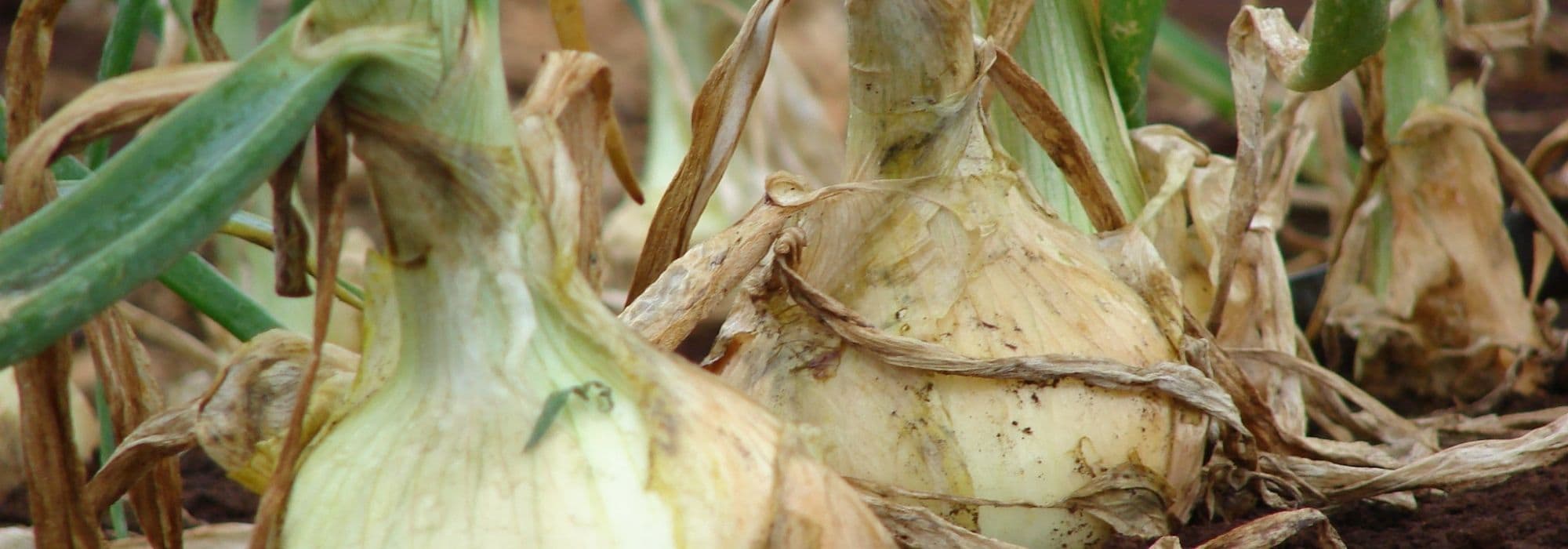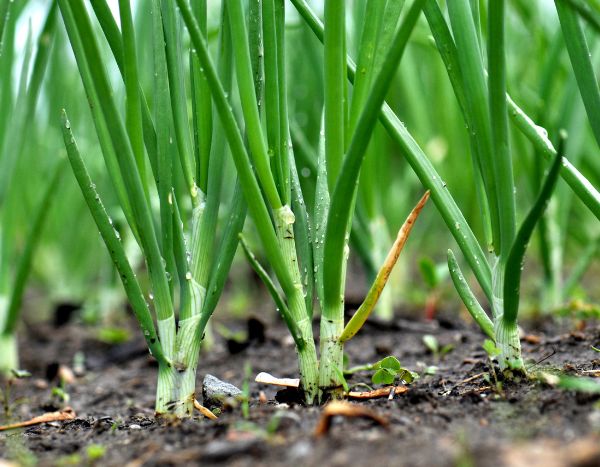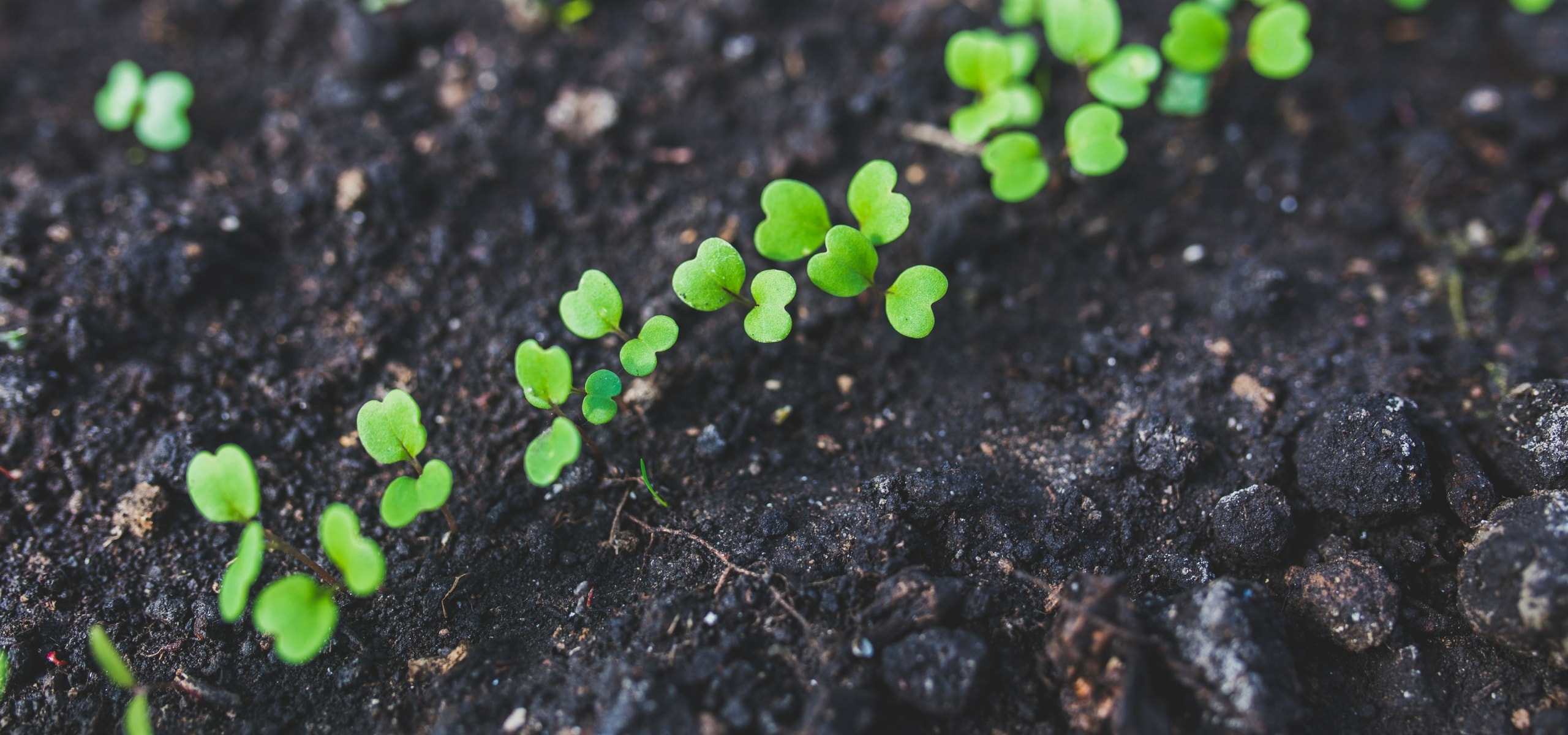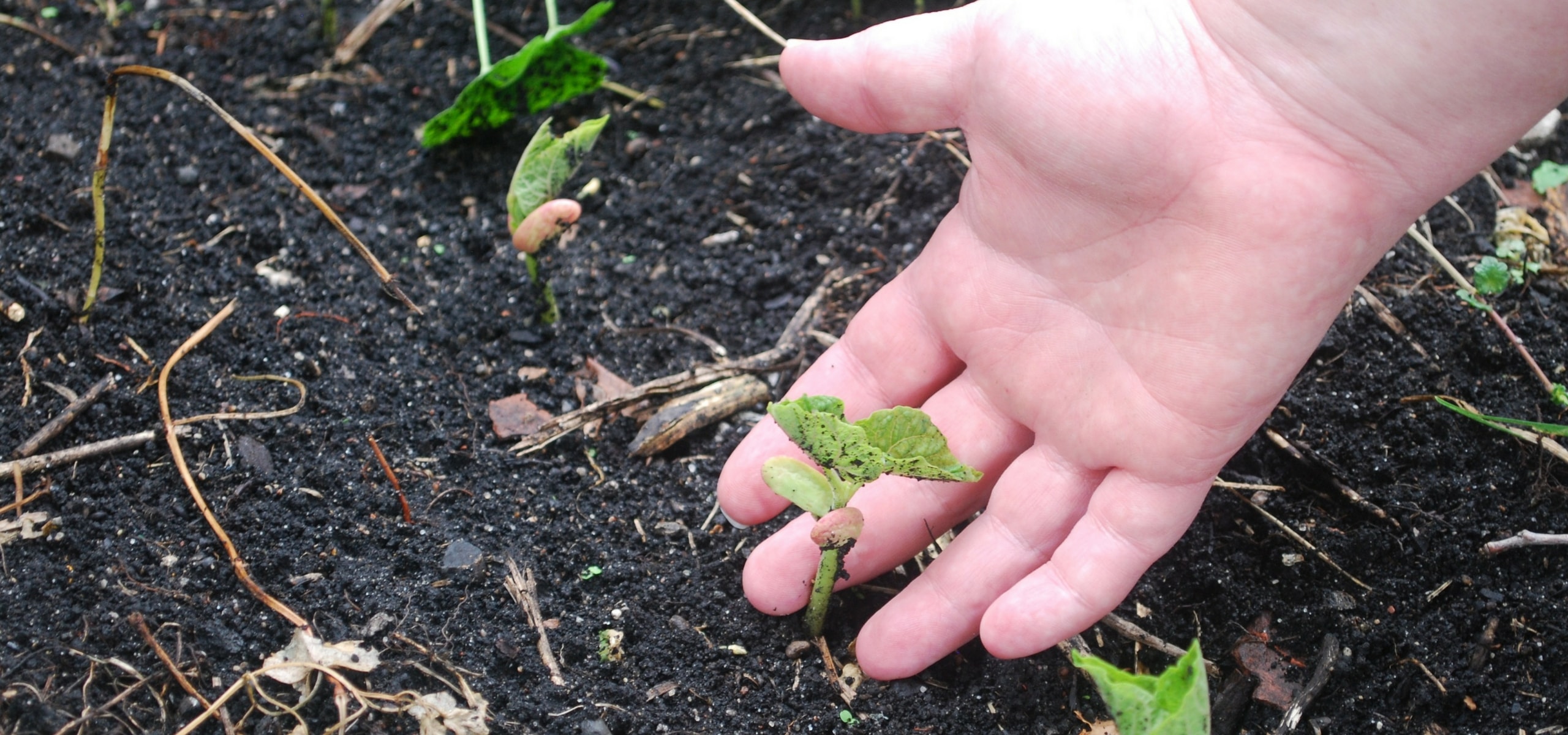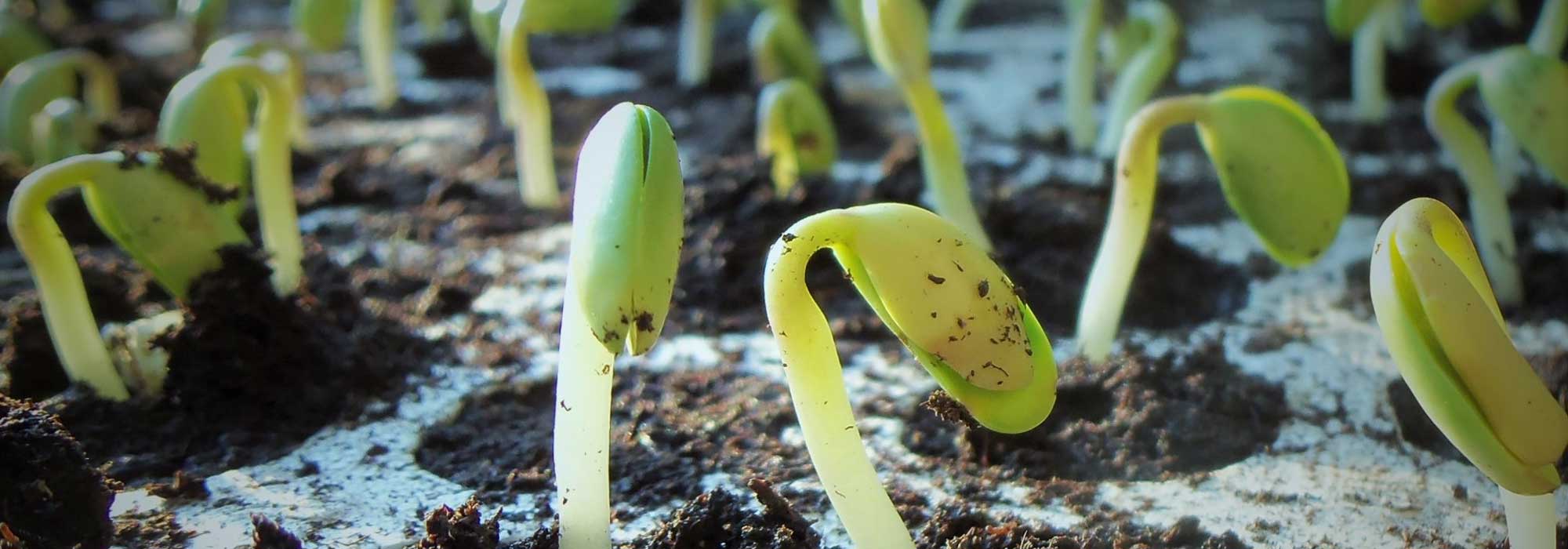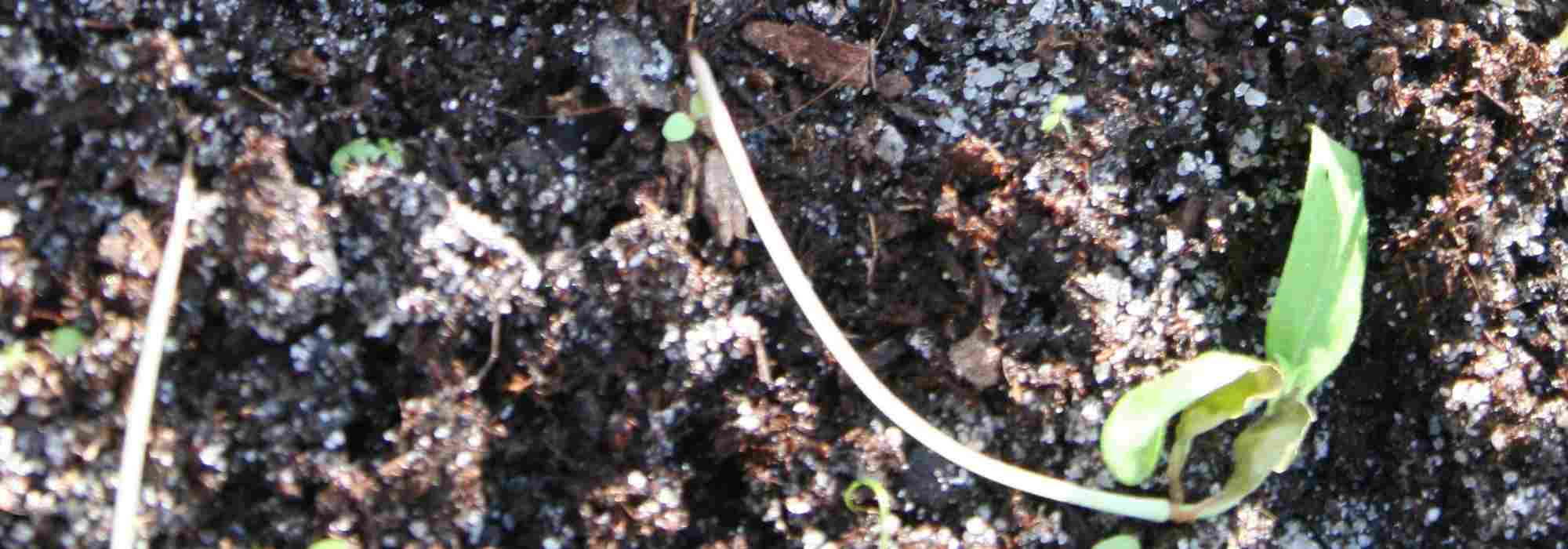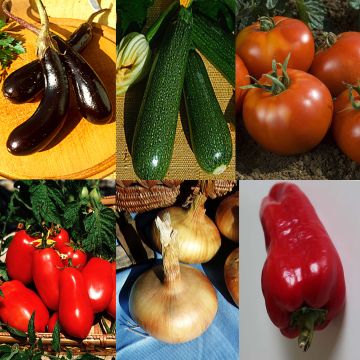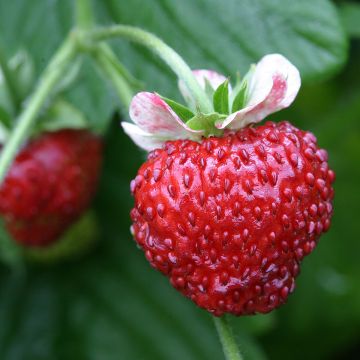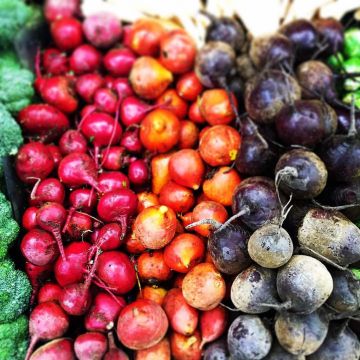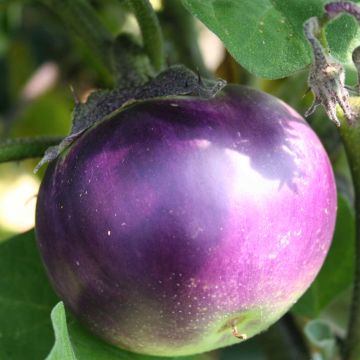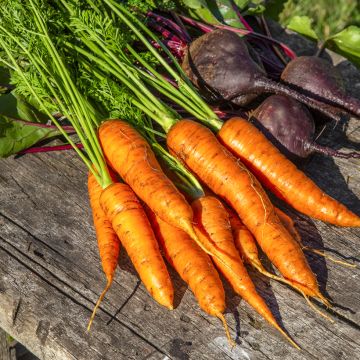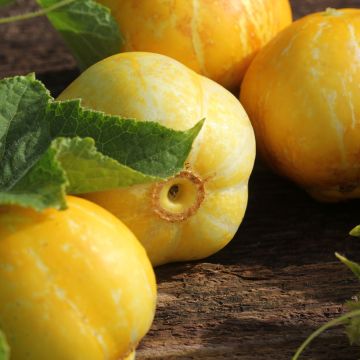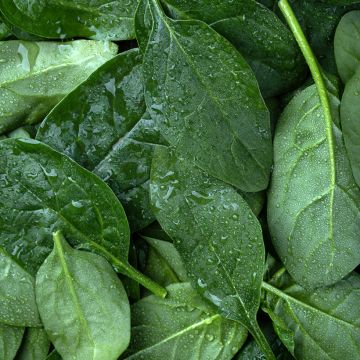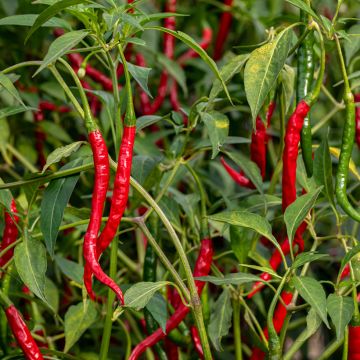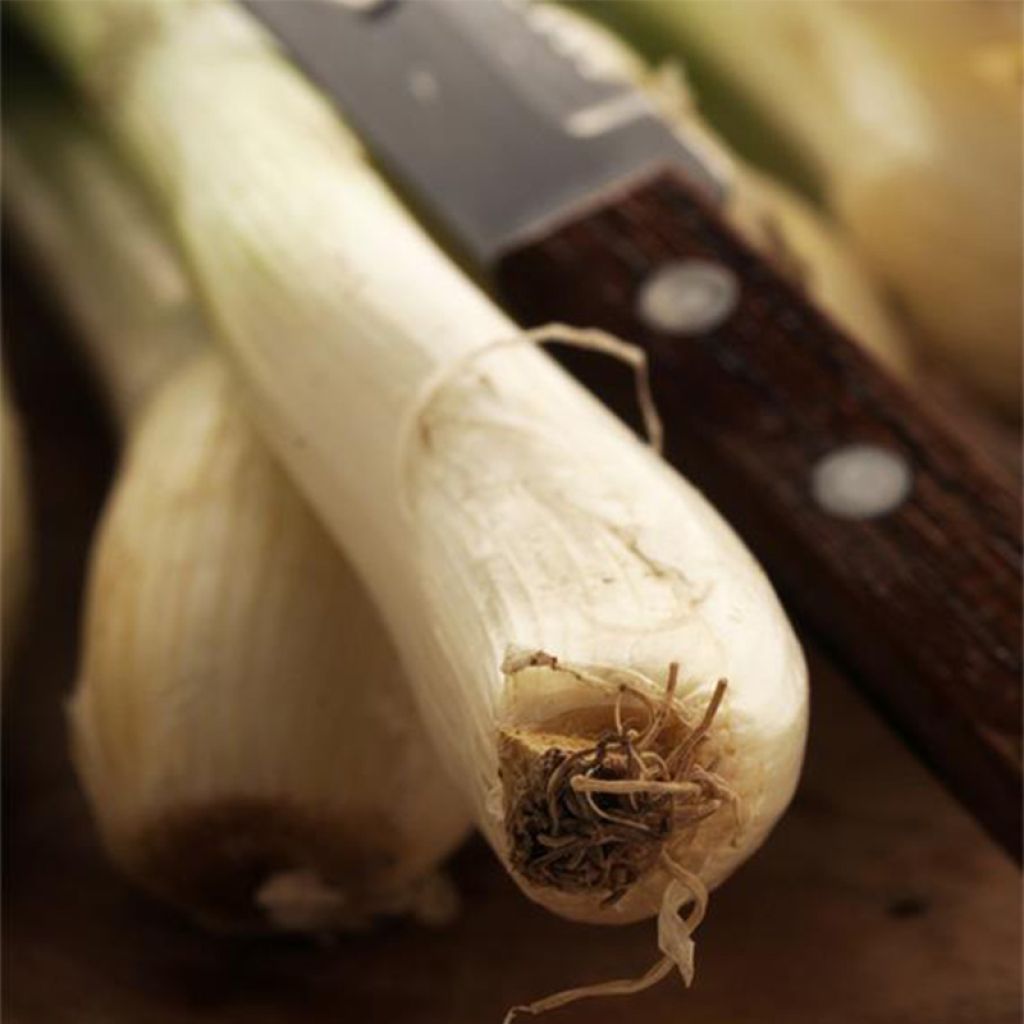

Scallion Ishikura Long White - Ferme de Sainte Marthe Seeds


Scallion Ishikura Long White - Ferme de Sainte Marthe Seeds
Scallion Ishikura Long White - Ferme de Sainte Marthe Seeds
Allium cepa Ishikura Long White
Onion
Special offer!
Receive a €20 voucher for any order over €90 (excluding delivery costs, credit notes, and plastic-free options)!
1- Add your favorite plants to your cart.
2- Once you have reached €90, confirm your order (you can even choose the delivery date!).
3- As soon as your order is shipped, you will receive an email containing your voucher code, valid for 3 months (90 days).
Your voucher is unique and can only be used once, for any order with a minimum value of €20, excluding delivery costs.
Can be combined with other current offers, non-divisible and non-refundable.
Home or relay delivery (depending on size and destination)
Schedule delivery date,
and select date in basket
This plant carries a 6 months recovery warranty
More information
We guarantee the quality of our plants for a full growing cycle, and will replace at our expense any plant that fails to recover under normal climatic and planting conditions.
Description
‘Ishikura Long White’ Scallion is a classic Japanese variety that is particularly cold-resistant and easy to grow. It forms 50 cm tall, 2.5 cm wide, slender white stems with green leaves. Delicious finely chopped in salads or cooked like onion. Sow from March to July and harvest from late May to late October.
Scallions, sometimes called green onions or bunching onions, are a tasty perennial vegetable. They belong to the Allium family, along with garlic, onions, shallots and chives. Like chives, they form clumps of fine, hollow cylindrical stalks (scapes) and leaves. They are generally grown for two to three years, after which they become less productive and need to be divided. In regions with milder winters, it is possible to harvest the leaves all year round. When left to go to flower, scallions produce pretty white pompoms that hover over the leaves. Both leaves and stems are delicious finely chopped and served with omelettes, quiches and fish dishes. Scallions are rich in antioxidants, minerals and vitamin B.
Harvesting: scallions can be harvested at all growth stages, from June to October, about 3 months after sowing. Either snip off a few leaves with scissors or harvest the whole stem.
Conservation: scallions can be kept for a few days in the refrigerator or for a few months when dried or frozen. Nevertheless, for a fuller aroma they are definitely best eaten fresh!
Good to know: We recommend mulching as this reduces the need to water and weed your plants. Growing scallions alongside carrots will protect the latter from carrot fly. However, avoid growing them too close to vegetables belonging to the Fabaceae family (beans, peas, broad beans).
Even if the vegetable garden is first and foremost a place for growing great quality veg, it’s always a good idea to leave a bit of room for flowers. Growing flowers alongside your vegetable plants will make your general gardening experience more enjoyable and is a great way to attract pollinators and repel garden pests! Flowers such as gaillardia, marigolds, zinnias, cosmos or nasturtiums can be sown in and around the rows of vegetables. Herbs such as dill can be very useful also. Bear in mind that some companion plants self-seed easily and can be a bit invasive (borage, chives, lemon balm etc.)
NB. Organic seeds (in French "AB" for "Agriculture Biologique") are produced from plants that aren't treated with phytosanitary products (insecticides, weed killers). The seeds do not undergo post-harvest treatment. They carry the AB label and are approved by Ecocert, an independent structure.
Harvest
Plant habit
Foliage
Botanical data
Allium
cepa
Ishikura Long White
Alliaceae
Onion
Cultivar or hybrid
Perennial
Other Onion seeds
View all →Planting and care
Soil preparation:
Onions will grow in most types of soil, preferably light and well-drained. Onions are very sensitive to excess nitrogen: avoid growing onions on a recently fertilized plot, after green manures or vegetables from the Fabaceae family (beans, peas, broad beans). Make sure to wait about 5 years before returning onions to the same plot.
Spring sowing: Coloured onions (yellow and red) and some early white varieties are direct sown from February to April (or in the autumn in milder climates). Lightly sow in furrows, about 2 cm deep, with 20 cm between each row. Gently cover with soil and water. Germination takes about 18 days. When the seedlings are approximately 5 cm tall (about 2 months after sowing), they need to be thinned out. Keep one plant every 10 cm on average. Harvest during the summer months.
Autumn sowing: White onions are sown in late summer (August-September) in seed trays or pots. Transplant one month later in milder climates, or in late winter elsewhere (February). Allow 20 cm between rows and 10 cm between each plant. White onions are then harvested in the spring.
Care: Hoe regularly, especially at the beginning. Avoid mulching as this can cause the bulbs to rot. Onions are sensitive to excessive humidity: watering should be kept to a minimum, mainly during sowing and transplanting.
Seedlings
Care
Intended location
Planting & care advice
This item has not been reviewed yet - be the first to leave a review about it.
Similar products
Haven't found what you were looking for?
Hardiness is the lowest winter temperature a plant can endure without suffering serious damage or even dying. However, hardiness is affected by location (a sheltered area, such as a patio), protection (winter cover) and soil type (hardiness is improved by well-drained soil).

Photo Sharing Terms & Conditions
In order to encourage gardeners to interact and share their experiences, Promesse de fleurs offers various media enabling content to be uploaded onto its Site - in particular via the ‘Photo sharing’ module.
The User agrees to refrain from:
- Posting any content that is illegal, prejudicial, insulting, racist, inciteful to hatred, revisionist, contrary to public decency, that infringes on privacy or on the privacy rights of third parties, in particular the publicity rights of persons and goods, intellectual property rights, or the right to privacy.
- Submitting content on behalf of a third party;
- Impersonate the identity of a third party and/or publish any personal information about a third party;
In general, the User undertakes to refrain from any unethical behaviour.
All Content (in particular text, comments, files, images, photos, videos, creative works, etc.), which may be subject to property or intellectual property rights, image or other private rights, shall remain the property of the User, subject to the limited rights granted by the terms of the licence granted by Promesse de fleurs as stated below. Users are at liberty to publish or not to publish such Content on the Site, notably via the ‘Photo Sharing’ facility, and accept that this Content shall be made public and freely accessible, notably on the Internet.
Users further acknowledge, undertake to have ,and guarantee that they hold all necessary rights and permissions to publish such material on the Site, in particular with regard to the legislation in force pertaining to any privacy, property, intellectual property, image, or contractual rights, or rights of any other nature. By publishing such Content on the Site, Users acknowledge accepting full liability as publishers of the Content within the meaning of the law, and grant Promesse de fleurs, free of charge, an inclusive, worldwide licence for the said Content for the entire duration of its publication, including all reproduction, representation, up/downloading, displaying, performing, transmission, and storage rights.
Users also grant permission for their name to be linked to the Content and accept that this link may not always be made available.
By engaging in posting material, Users consent to their Content becoming automatically accessible on the Internet, in particular on other sites and/or blogs and/or web pages of the Promesse de fleurs site, including in particular social pages and the Promesse de fleurs catalogue.
Users may secure the removal of entrusted content free of charge by issuing a simple request via our contact form.
The flowering period indicated on our website applies to countries and regions located in USDA zone 8 (France, the United Kingdom, Ireland, the Netherlands, etc.)
It will vary according to where you live:
- In zones 9 to 10 (Italy, Spain, Greece, etc.), flowering will occur about 2 to 4 weeks earlier.
- In zones 6 to 7 (Germany, Poland, Slovenia, and lower mountainous regions), flowering will be delayed by 2 to 3 weeks.
- In zone 5 (Central Europe, Scandinavia), blooming will be delayed by 3 to 5 weeks.
In temperate climates, pruning of spring-flowering shrubs (forsythia, spireas, etc.) should be done just after flowering.
Pruning of summer-flowering shrubs (Indian Lilac, Perovskia, etc.) can be done in winter or spring.
In cold regions as well as with frost-sensitive plants, avoid pruning too early when severe frosts may still occur.
The planting period indicated on our website applies to countries and regions located in USDA zone 8 (France, United Kingdom, Ireland, Netherlands).
It will vary according to where you live:
- In Mediterranean zones (Marseille, Madrid, Milan, etc.), autumn and winter are the best planting periods.
- In continental zones (Strasbourg, Munich, Vienna, etc.), delay planting by 2 to 3 weeks in spring and bring it forward by 2 to 4 weeks in autumn.
- In mountainous regions (the Alps, Pyrenees, Carpathians, etc.), it is best to plant in late spring (May-June) or late summer (August-September).
The harvesting period indicated on our website applies to countries and regions in USDA zone 8 (France, England, Ireland, the Netherlands).
In colder areas (Scandinavia, Poland, Austria...) fruit and vegetable harvests are likely to be delayed by 3-4 weeks.
In warmer areas (Italy, Spain, Greece, etc.), harvesting will probably take place earlier, depending on weather conditions.
The sowing periods indicated on our website apply to countries and regions within USDA Zone 8 (France, UK, Ireland, Netherlands).
In colder areas (Scandinavia, Poland, Austria...), delay any outdoor sowing by 3-4 weeks, or sow under glass.
In warmer climes (Italy, Spain, Greece, etc.), bring outdoor sowing forward by a few weeks.






























